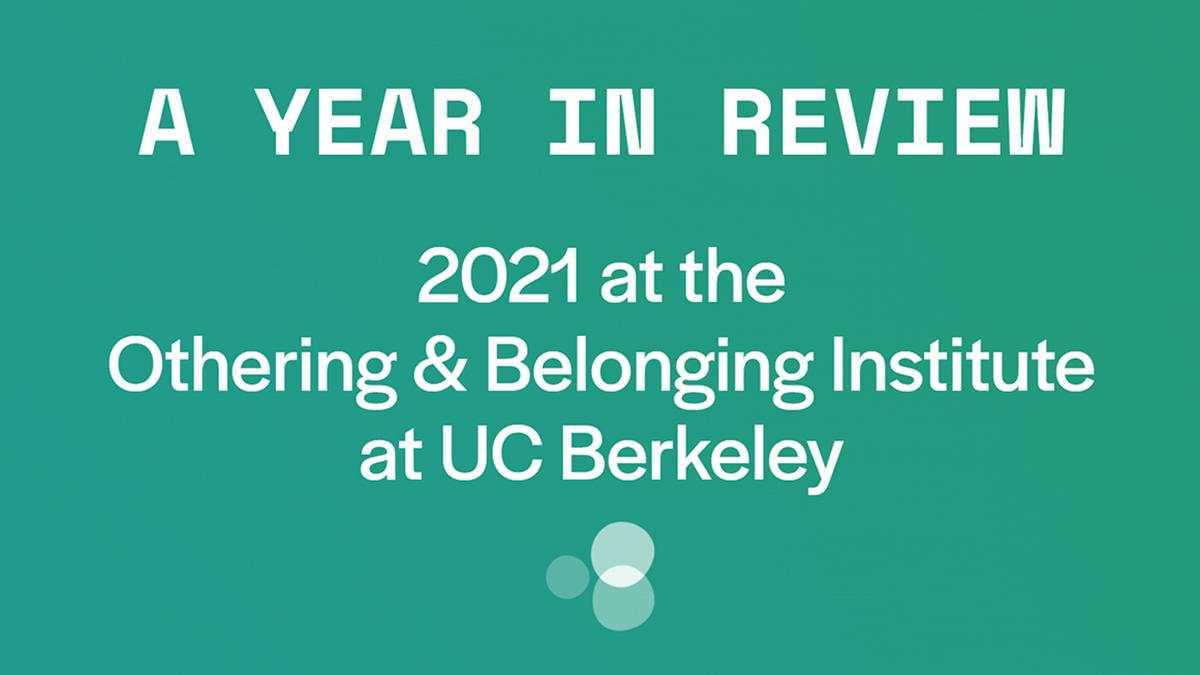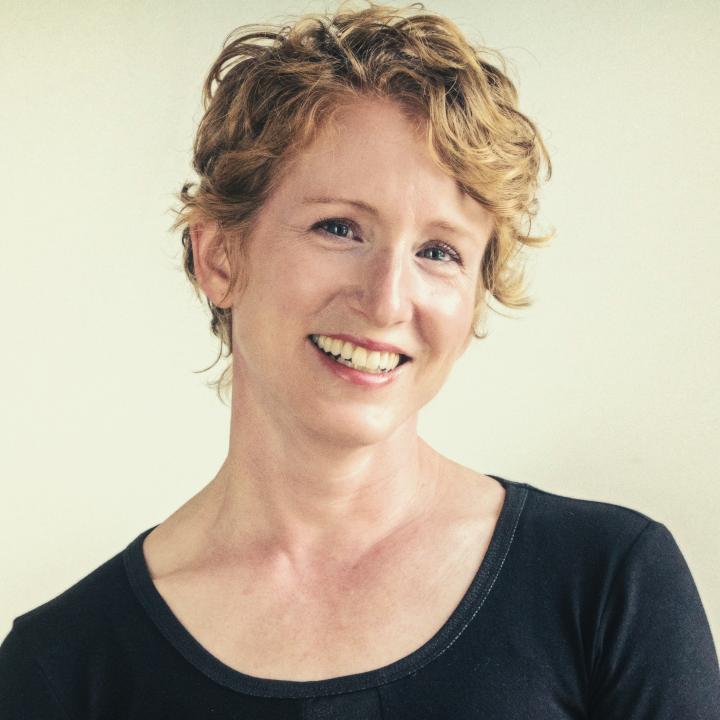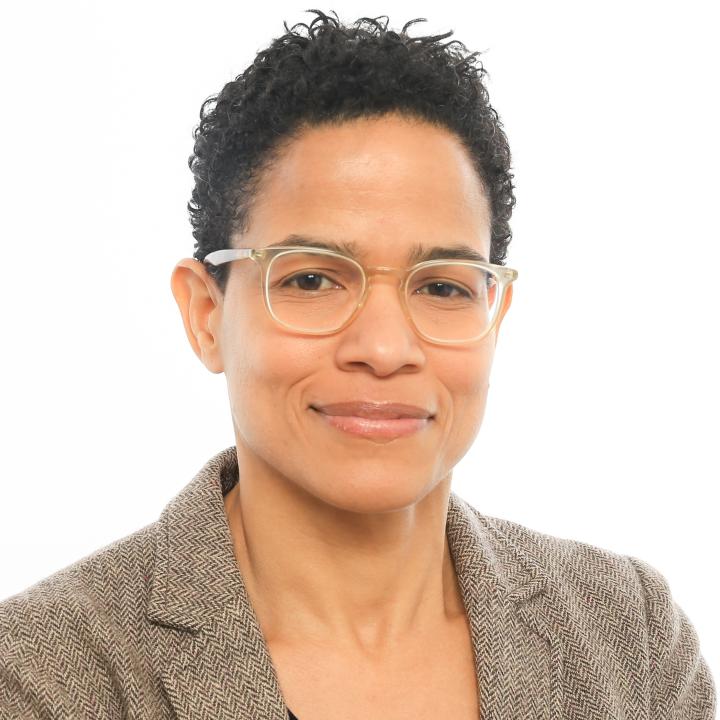Faculty Cluster Activities
At the heart of the Othering & Belonging Institute are seven UC Berkeley faculty clusters that focus on addressing society’s most pivotal issues related to vulnerable and marginalized populations. The Institute’s seven research clusters involve researchers from across UC Berkeley's many academic departments.
Here is a look at some of that work.
In 2021, the OBI faculty clusters sponsored or hosted 10 events...
...taught 114 courses* related to diversity and inclusion during the academic year...
*(a 25% increase from last year)
...and introduced 3 new members, rounding the number of cluster members to 100.
Faculty hired through the Faculty Cluster initiative were awarded grants and fellowships in excess of $5 million dollars including following:
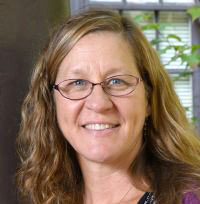
Hilary Hoynes
Hilary Hoynes, chair of the Economic Disparities Cluster, received a $2 million dollar grant from the National Science Foundation for the California Policy Lab project, “Linkage Initiative for Policy Evaluation and Research.” She received the award along with Economic Disparities Cluster members Jesse Rothstein and Steven Raphael.
Hoynes was also awarded $350,000 from the Arnold Foundation for work on the long-term effects of welfare reform.
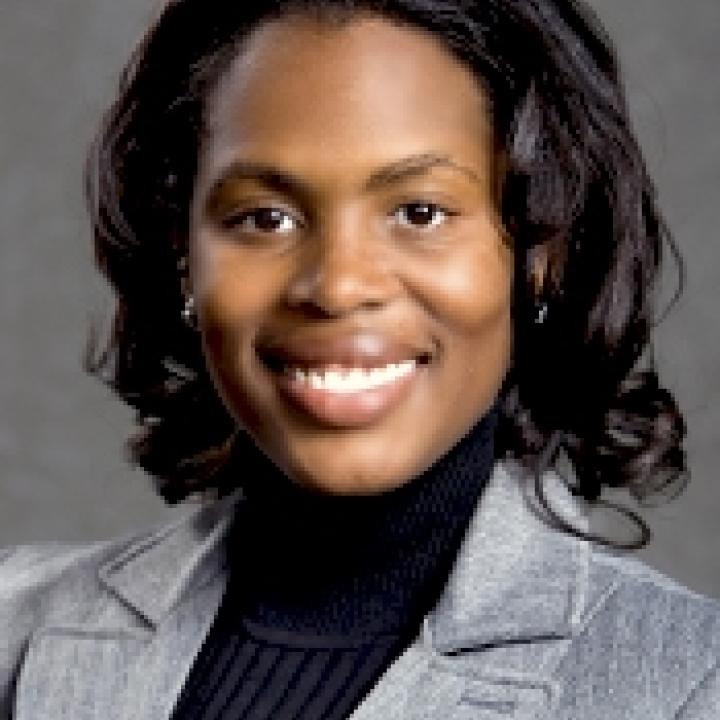
Mahasin Mujahid
Diversity & Health Disparities Cluster member Mahasin Mujahid received a $3.6 million dollar grant from the National Institutes of Health National Heart, Lung, and Blood Institute to lead, as the Principal Investigator, a five-year project to examine neighborhood environments in rural settings, in relation to cardiovascular risk and resilience.
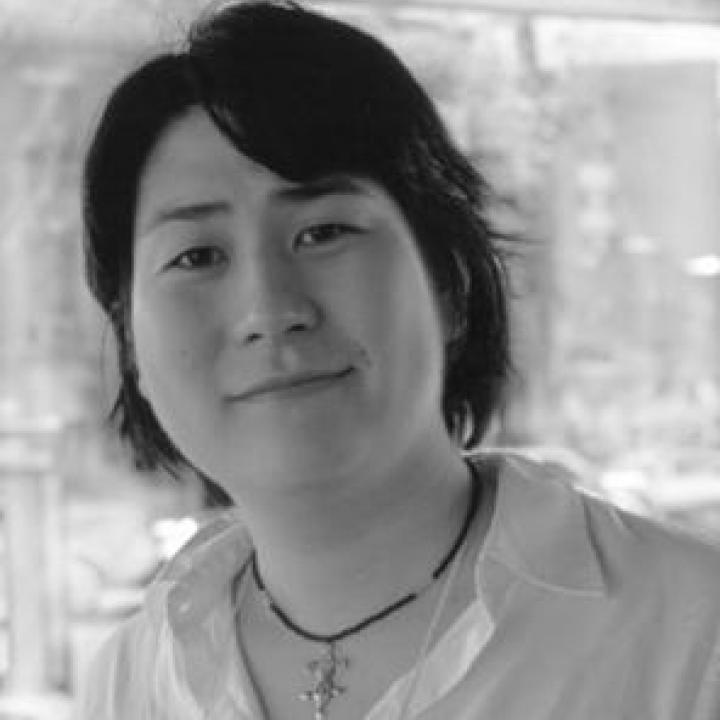
Karen Nakamura
Karen Nakamura, chair of the Disability Studies Cluster, received a $15,000 grant from Google for “AI Fundamentals for Disability Access and Minority Inclusion” for use in the 2021-2022 academic year.
Members of the Faculty Clusters also made headlines and shifted public discourse — a testament to OBI's commitment involvement far beyond the university. These are just some of their involvements:
Notable Faculty News
Jovan Scott Lewis, OBI faculty scholar and co-chair of the Economic Disparities Cluster, was appointed to California's first-ever taskforce on reparations. He is one of nine people who comprise the Task Force to Study and Develop Reparation Proposals for African Americans. Lewis is an economic anthropolist and geographer who researches reparations, the political economy of inequality, and race in the United States and the Caribbean.
Five OBI-affiliated faculty cluster members from our Economic Disparities group were profiled in a long-form feature on 'The Berkeley School' in the American Prospect about how their ideas on how to address economic inequality are going mainstream in the US. From social safety net policies that benefit children, to federal minimum wage increases, their proposals have long had overwhelming public support, and we're now seeing that translated into legislative action. The profiled economists are David Card, Jesse Rothstein, Emmanuel Saez, Hilary Hoynes, and Michael Reich.
Faculty scholar Michael Reich made waves across the media with his new research showing the positive outcomes of a proposed $15/hour minimum wage. He was quoted by multiple outlets, including the Washington Post, CNBC, The American Prospect, the International Business Times, and the Los Angeles Times.
The New York Times interviewed Hilary Hoynes for at least two stories about her research on how tax credits can help allveiate poverty for the poorest Americans.
Ian Haney López was interviewed in CNN about the troubling narratives and racist stereotypes fueling the Capitol insurrection on January 6. This follows his long-standing work on 'dog-whistle politics.'

